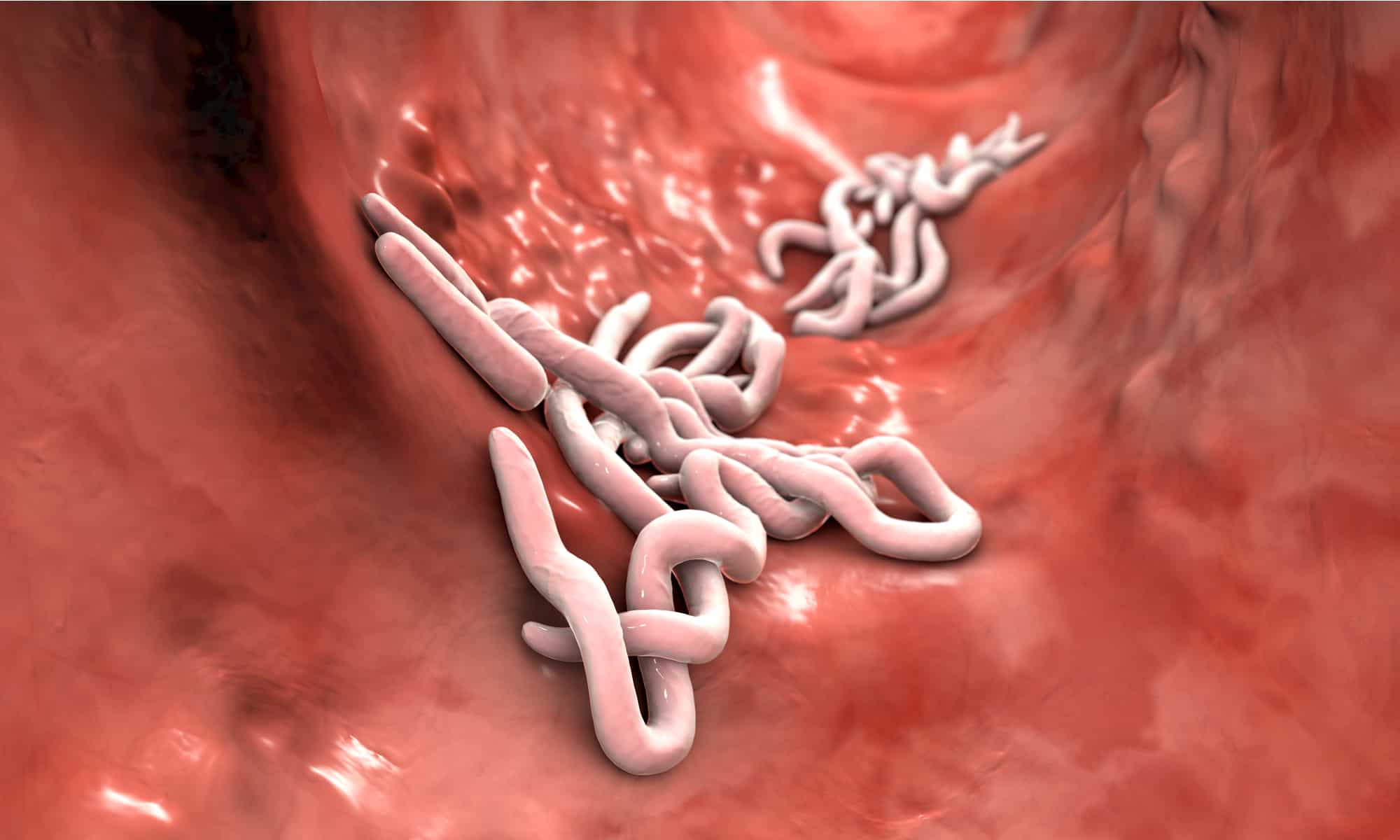
Key facts
- Threadworms are tiny white worms that can live in your intestines.
- They are most common in children, and cause itching around the anal area.
- You can catch threadworm if you get worm eggs on your hands and put your hands in your mouth.
- You can treat threadworm with a single dose of medicine available over-the-counter from the pharmacy.
- To prevent the spread of threadworm, treat the whole family at the same time and encourage good hygiene.
What are threadworms?
Threadworms, also called pinworms, are tiny parasites that grow to about 1cm in length and look like tiny pieces of white thread. They live in the intestines.
Often people call a threadworm infection ‘worms’. There are different types of worms that can infect people. Threadworm is the most common.
Threadworm is not usually harmful, but it can be very uncomfortable.
How could I catch threadworms?
People, usually children, get infected with threadworms by getting threadworm eggs on their hands and then putting their hands in their mouths. They swallow the eggs, which travel to the lower intestine where they grow into worms. The worms then move to the anus (back passage, bottom) to lay their eggs.
The worms usually come out to lay their eggs at night, which makes the anal area itchy. If you scratch the skin around your anus and don’t wash your hands, the eggs on your hands can get back into your mouth, repeating the cycle.
Threadworm eggs are usually passed directly from person to person, but they can live on toys and other objects and surfaces for up to 2 weeks. If you touch your mouth with your hands after touching a contaminated toy or other object, you can become infected.
Humans cannot catch threadworms from animals.
What are the symptoms of threadworm infection?
The main symptom is itching in the anal area which gets worse at night. Many people don’t have any symptoms.
Other symptoms may include:
- redness and sometimes infection around the anal area
- trouble sleeping because of the itchiness
- redness and itching around the vagina
- feeling irritable
- eating less than usual
How is threadworm diagnosed?
If your child has an itchy bottom, they may have threadworm. You can confirm this if you see worms or eggs.
There are several ways to look for them:
- Inspect your child’s bottom (and the opening of the vagina, if relevant) at night with a torch, to look for wriggling white worms.
- When your child passes a bowel motion (poo), look to see if it contains white worms.
- Put sticky tape on the skin of your child’s bottom, near the anus, before they go to sleep. In the morning, take off the tape and check if there are eggs stuck on it.
- You can put the sticky tape in a clean specimen jar for your doctor to send to the lab, to look for eggs under a microscope.
How can I treat a threadworm infection?
Threadworms are easily treated with medicine available over-the-counter from your pharmacist. Usually the medicine is taken as a single dose. Your doctor may advise you to take another dose 2 weeks later.
It is best if your child showers on the night they take the medicine and again the next morning, to remove eggs laid during the night.
It is very important to treat your whole family at the same time, even if they don’t have symptoms. It is very easy for the whole family to become infected, because the eggs are easily passed from one person to another within a household.
When you start treatment, it’s important to wash sheets, towels, clothes, toys and anything else that might have eggs or worms on it in hot water. After treatment, it’s best to change sheets, towels and underwear every day for a few days.
How can I prevent threadworm infection?
Unfortunately, repeat infection is very common. To help reduce this and to prevent the threadworms from spreading to others, you can teach your child to take the following precautions:
- Encourage your child not to scratch, despite the itching.
- Keep your child’s fingernails clean and trimmed.
- Encourage your child not to bite their nails or suck their thumb.
- Have your child wash their hands with soap and water for at least 15 seconds after going to the toilet and before eating. Ensure they clean under their nails and practise good personal hygiene.
- Make sure your child showers every day.
- Discourage your child from eating food that has fallen on the floor.
You can take the following precautions around the house:
- Wash bedding and toys in hot water.
- Vacuum often, to remove any eggs.
- Keep your kitchen and bathroom clean.



